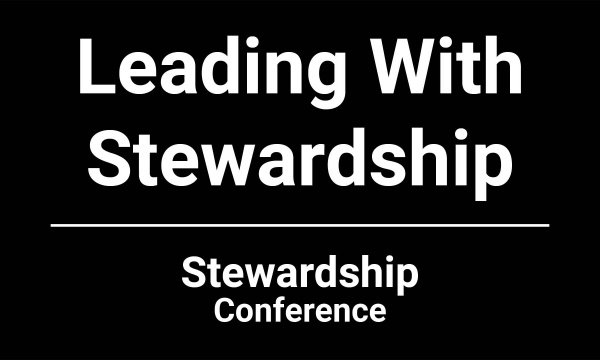Related Training

55:41
Giving & Finance
Leading With Stewardship
Read MoreGiving & Finance
The Take Back Offering
At Life.Church, one of our values is irrational generosity. But what does it mean to be irrationally generous? If we’re giving something away that goes above and beyond what’s expected, that’s probably a good start. One of the things first-time attenders might be surprised by is something we call...
Read More2315 Shares
Giving & Finance
Leading New Believers Through Tithing
At Life.Church, we like to say we will do anything short of sin to reach people for Christ. That might include things like using movies or popular TV commercials in church to illustrate truths from the Bible. As a result of being really focused about reaching the lost, we often have a lot o...
Read More3634 Shares